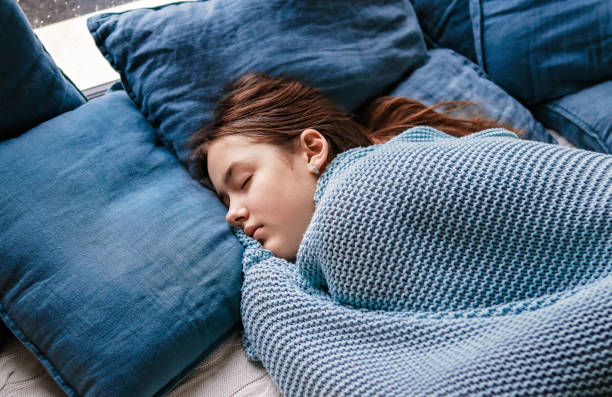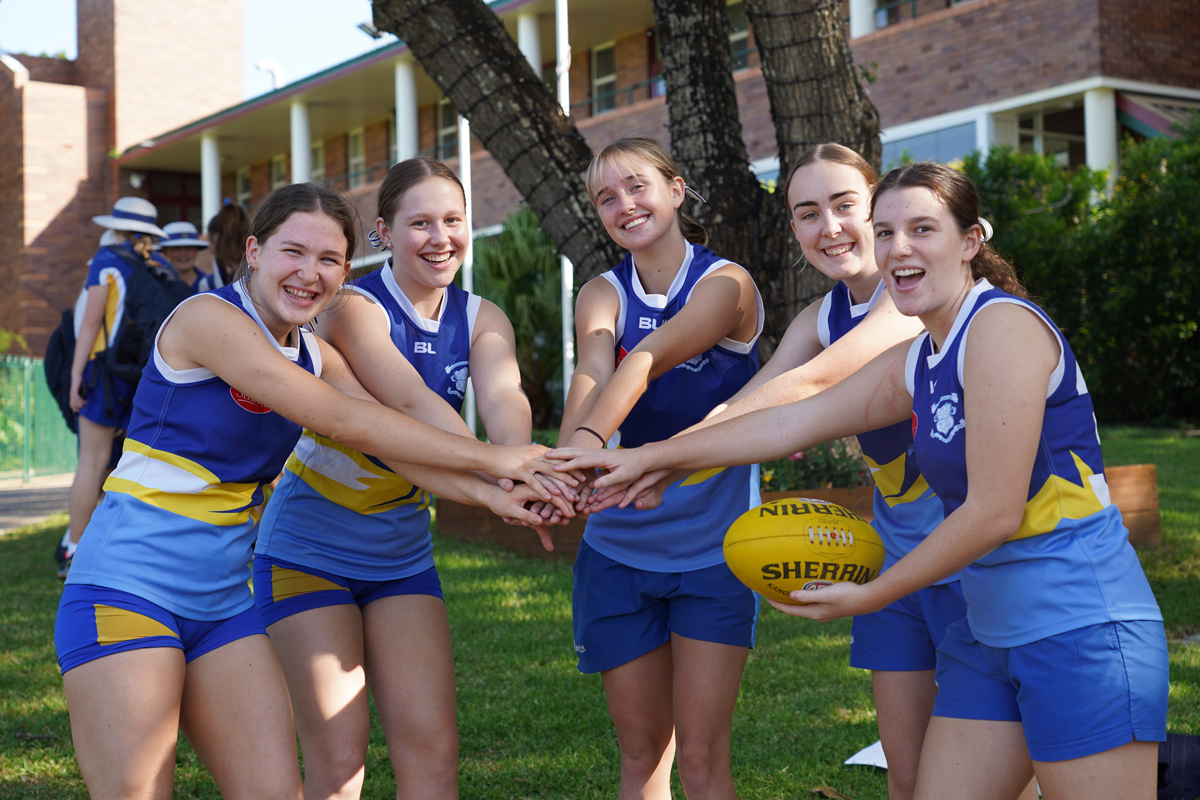Understanding Adolescents Sleep
It’s very common for children in the early teen years to start wanting to go to bed later at night and get up later in the morning. This is because they start to secrete melatonin (the hormone which regulates the sleep and wake cycle) later at night than they did in earlier childhood, which affects their circadian rhythms (sleep/wake cycle). Also, as their brains mature during puberty, children can stay awake for longer.
A change in your child’s sleep behaviour, like going to bed later than you’d like, isn’t necessarily a sleep problem. So how do I know if my child has sleep problems?
Signs that your adolescent may have sleep problems might include difficulties with:
- Getting to sleep.
- Staying asleep.
- Getting out of bed in the morning.
- Feeling tired during the day.
- Remembering things or concentrating.
Sleep – Key points
- Most teenagers need 8-10 hours of sleep each night, however some may need as little as 7 hours or as much as 11 hours.
- In adolescence, teenagers might start going to bed and waking up later.
The following simple habits can help teenagers get the sleep they need for health and wellbeing.
Encourage your adolescent to:
- Keep wake-up times on school days and weekends to within 2 hours of each other – this helps keep a regular body clock.
- Get out of bed when they wake up in the morning, rather than staying in bed.
- Spend the hour before bed doing relaxing activities – reading a book, listening to music or having a warm shower/bath.
- Keep daytime naps to no more 20 minutes and make sure the nap is in the early afternoon.
Other important factors for sleeping well
Sleep environment
- Avoid the use of electronic devices in the hour before bed.
- Put electronic devices in family rooms overnight.
- Check the sleep space – a quiet, dimly lit space is important for good sleep.
Good health and nutrition
- Have a satisfying evening meal at a reasonable time. Feeling hungry or too full can make it harder to get to sleep.
- Get as much natural light as possible during the day, especially in the morning. This will help the body produce melatonin at the right times in the sleep cycle.
- Have a healthy breakfast to kick-start the body clock. This helps the body feel ready for sleep at night.
- Avoid caffeine (Energy drinks, coffee, tea, chocolate and cola) particularly in the late afternoon and evening.
- Do some physical activity during the day, but not too late at night.
Worries, fears, and anxiety
- If your child has worries that keep them awake at night, try talking about the worries together during the day. Set aside 10 -15 minutes of “worry time” to try to contain worries.
- Help them to write down anxious thoughts each day well before bedtime – for each thought, add a possible solution.
- Try some mindfulness exercises to calm an anxious or active mind before sleep – meditation or yoga, you can find these easily on YouTube.
What else can parents do?
Be a healthy sleep role model for your child
- Winding down before bed.
- Reducing screen-time before bed.
- Relaxing and managing stress.
- Reduce the use of stimulants like caffeine before bedtime.
Help them to solve their own sleep issues
- Ask about what makes it harder for them to get to sleep, or what keeps them awake. Then, your adolescent might be able to choose a daytime or evening habit that they think will help. For example, if they don’t feel tired, they might focus on doing more physical activity each afternoon.
- Praise your adolescent when you notice they’re trying to make changes to sleep patterns or trying out strategies you’ve discussed.
- Lots of after-school activities like sport, music or part-time work can cut into your adolescent’s sleep time or make it harder to unwind before bed. If this is the case in your house, you might need to talk about it. For example, your adolescent might be able to reschedule some activities, so they don’t interfere with sleep.
If persistent problems with sleep are affecting your adolescent’s wellbeing, schoolwork, relationships or mental health, it might be time to see a GP or even a psychologist.
Liz & Lauren
College Counsellors








